Irena Orska
출생 : 1915-10-12, Kraków, małopolskie, Polska
사망 : 2004-02-13

Wanda
A young doctor has been assigned to a hospital in the provinces, in the lakes district of northern Poland. The area is a playground with hunting lodges for the priviledged, the local politicians cover up any leaks to the public. The doctor discovers a case of drunken driving but is silenced by blackmail in the court. He tries to fight back but has a love affair with the unfaithful wife of the town's Mayor.

matka Wiesławy
"The Dancing Hawk" refers to the son of a peasant who senses he can climb to the job in troubled times by playing his cards right. His slavery to work match his ambitions, and gradually he reaches the social position he desires. But the costs have included a dehumanized soul and a loss of a moral conscience. People have had to pay for his advancement, including those nearest to him. The downfall is equally painful: either imprisonment or the easy wasy out are offered as the alternatives.

matka sekretarza
The young Kuriata takes the position of the secretary of the City Committee in Grodów, where a corrupt clique ruled for many years. Kuriata begins to introduce competent people to managerial functions, which is enthusiastically received by workers who want changes for the better.

Pawlakowa, gospodyni Heli w Lublinie
Small Polish village straight after WWII. Young man Zenek injured and awarded with Cross of Valour during partisan fight is torn between staying loyal to his partisan comrades (continuing their fight) and his own beliefs.
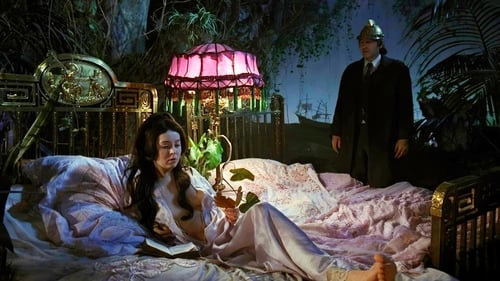
Józef's Mother
주인공이 긴 기차 여행을 한 후에 도착한 요양원은 조그만 다리와 검은 숲을 통과한 곳에 위치하며 검은 개들이 출몰한다. 요양원 마을에서 시간은 제멋대로 흘러간다. 사람들은 죽음과도 같은 잠에 빠져들어 몇 시간, 혹은 며칠씩을 듬성듬성 잃어버린다. 주인공은 마을에서 도망쳐 나오지만, 이미 모래시계 속에 갇혀버린 듯, 그에게 탈출구는 없다.
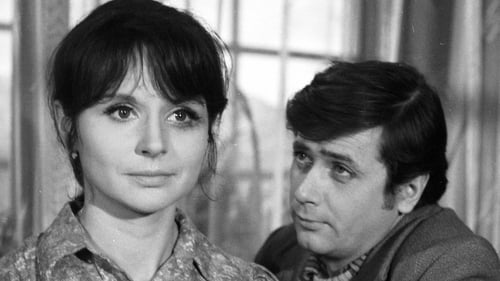
właścicielka pensjonatu
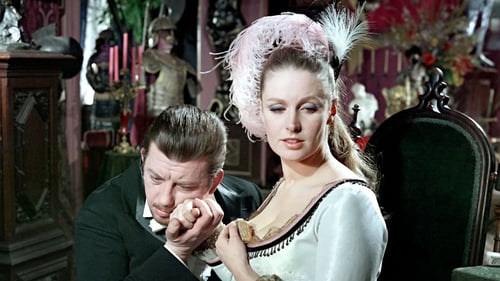
Set in the 19th century Warsaw. The indolence of aristocrats who, secure with their pensions, are too lazy to undertake new business risks, frustrates Wokulski. His ability to make money is respected but his lack of family and social rank is condescended to. Because of his "help" (in secret) to "the doll's" impecunious but influential father, the girl becomes aware of his affection.

profesorowa Maria Janicka
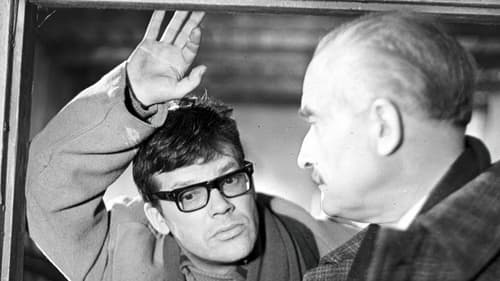
sąsiadka
A father searches for his son, who has been missing since WW II, in post-war Poland. In his quest for the truth about his son, the father is forced to contemplate the elusive and coded nature of truth itself.

Marysia Majchrowska (segment 2)
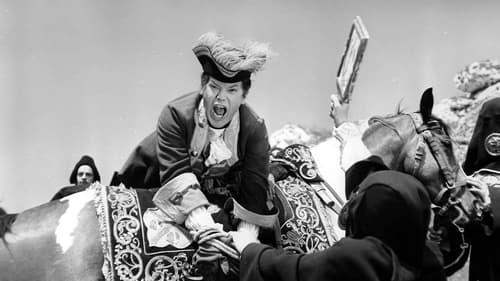
Duegna
나폴레옹 전쟁 시대, 스페인의 사라고사에서 전투가 벌어진다. 허름한 여인숙에 들어갔던 한 군인이 기괴한 그림이 그려진 커다란 책을 발견한다. 그를 붙잡으려던 적군의 대위는 이 책이 바로 자신의 할아버지에 대한 이야기임을 알게 된다. 두 사람은 현실을 잊은 채 책에 빠져든다. 이야기를 따라 주인공은 스페인 곳곳을 떠돌며 무어인 공주들, 술탄, 집시 등 기이한 인물들과 조우한다.
다재다능한 폴란드의 귀족 얀 포토키가 쓴 소설을 바탕으로 했다. 예측을 뒤엎는 상상력과 모험으로 현실과 환상을 오가는 작품으로 폴란드 컬트 영화의 걸작으로 꼽힌다.
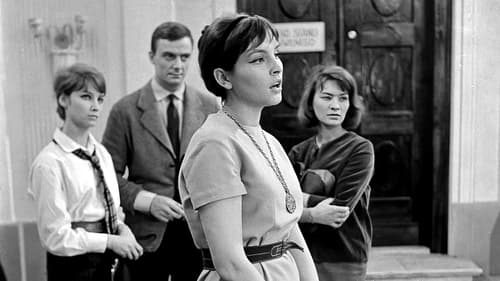
Zofia Kaliszewska, matka Joanny [epizod 2]
Three short segments about love.

Editor at the radio studio
카지미에시 브란디스의 동명의 소설을 원작으로 만든 작품. 우아한 차림의 한 여성이 1939년 파리에서 보낸 시간을 떠올린다. 촉망받는 배우였던 그녀는 나치 점령 하의 파리에서 연기 활동을 하기 싫어 다른 직업을 구하고, 그때부터 그녀의 삶은 예측할 수 없는 방향으로 흘러간다. 1963년 칸영화제 경쟁부문 상영. 1963년 샌프란시스코국제영화제 작품상, 각색상(카지미에시 브란디스), 여우주연상(바르바라 크라프토프나) 수상. (2019 한-폴 수교 30주년 기념 폴란드 영화제)

uczestniczka przyjęcia w Dębach (uncredited)
Instead of coming to her own engagement party, Joanna throws herself into New Year's Eve partying. Her fiancé follows her lead.
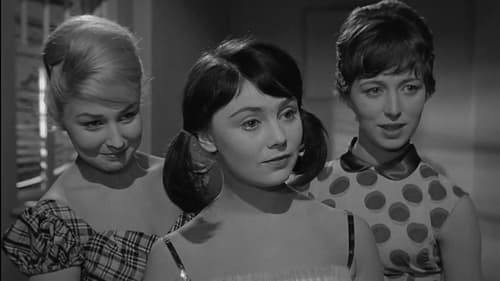
kuzynka Magdaleny
An actress visits her hometown to attend the funeral of her grandfather. She realizes that the places and people from her past differ from her cherished memories.
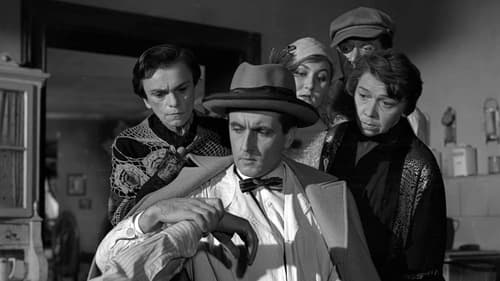
Mrs. Bove
A subjective adaptation of a well-known autobiographical novel by Zbigniew Unilowski (screenplay by Wojciech Jerzy Has with dialogues by Stanislaw Dygat). The adventures of the tenants of a sublet room in a Warsaw townhouse inhabited mostly by students and novice writers, presented against the social context of the 1930s.











